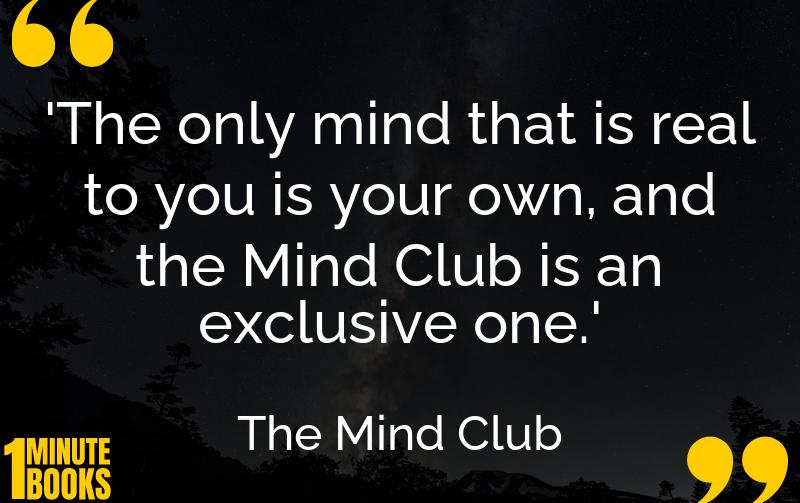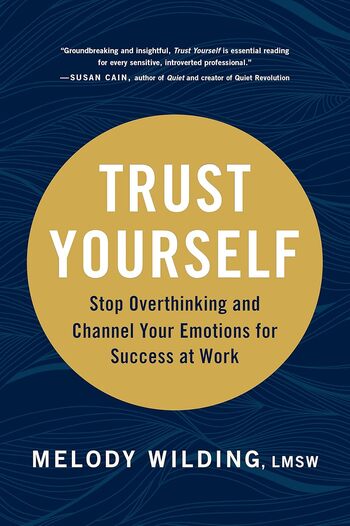
This book explores how we attribute minds to beings by examining concepts like agency and experience, moral relationships, and dehumanization, enlightening readers about the varied perceptions of minds.
Main Lessons
- The ‘Mind Club’ includes beings with agency and experience, such as humans, animals, and robots.
- People attribute minds to beings they perceive as having agency and the ability to experience emotions.
- Individuals in the Mind Club can be characterized as thinking doers or vulnerable feelers.
- Moral acts involve a moral agent—the doer, and a moral patient—the receiver.
- Vulnerable individuals, such as babies, are seen as moral patients deserving protection.
- Dehumanization justifies cruelty by denying the victim’s mind, using methods like animalization and mechanization.
- Recognizing dehumanization is crucial to avoiding behaviors that cause it.
- Humans tend to perceive minds everywhere, which aids survival but can lead to paranoia.
- The Turing Test suggests something has a mind if it appears to us as such, highlighting perception’s role.
- Minds that aren’t universally perceived challenge our understanding of morality and reality.
- Perception is subjective, making each individual’s mind unique to them.
- Our instincts to find intentional minds are crucial for survival but come with complexities.








